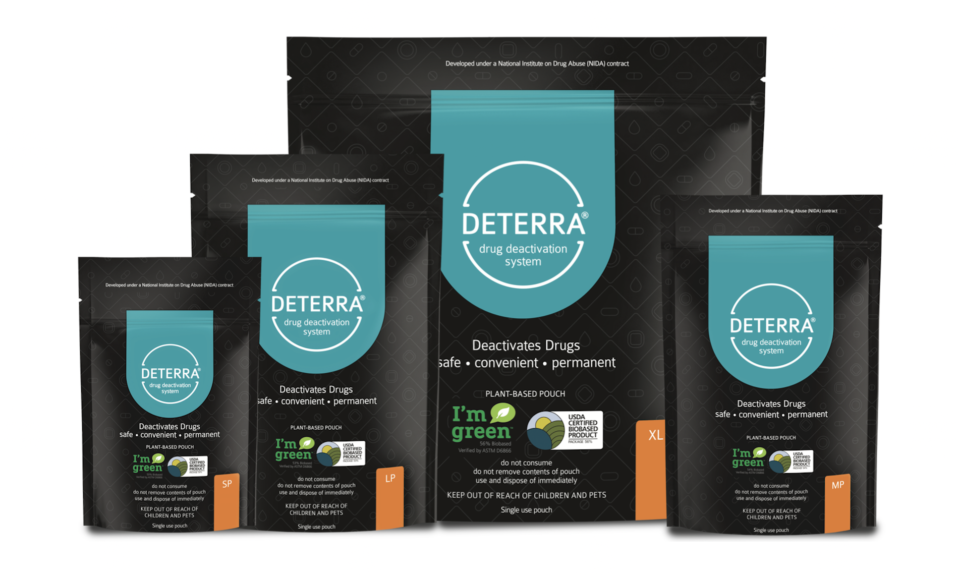The OxyContin maker agrees to the largest-ever penalty on a pharmaceutical company, but the results leave some critics unsatisfied
By Jason Langendorf
October 22, 2020After nearly half a million opioid-related overdose deaths since 1999, an estimated half a trillion dollars in economic burden incurred, and the declaration of a public health emergency, there is some hope in the treatment community that drug makers at the heart of the American opioid epidemic are finally being held to account. But did it go far enough?
Yesterday, the U.S. Department of Justice (DOJ) announced that Purdue Pharma agreed to plead guilty to felony charges related to its marketing of OxyContin, in which it defrauded federal health agencies and violated anti-kickback statutes. All told, Purdue faces more than $8.3 billion in federal and civil penalties, including $3.54 billion in criminal fines and $2 billion in criminal forfeiture of profits—which mark the largest penalties ever imposed on a pharmaceutical company.
“Purdue deeply regrets and accepts responsibility for the misconduct detailed by the Department of Justice in the agreed statement of facts,” company chairman Steve Miller said in a company statement.
Whether this outcome will persuade Big Pharma to change how it does business in the future remains to be seen.
The DOJ failed. Justice in this case requires exposing the truth and holding the perpetrators accountable, not rushing a settlement to beat an election. I am not done with Purdue and the Sacklers, and I will never sell out the families who have been calling for justice for so long.”— Maura Healey, Massachusetts Attorney General
Although the settlement yielded an acknowledgment of guilt and clears the way for the resolution of civil litigation against Purdue at state and local levels, the agreement resulted in no sentences for any of the company’s officials or owners (the Sackler family).
Critics, including many state attorneys general and families of opioid overdose victims, question the timing of the settlement and argue that the penalties weren’t severe enough.
“The DOJ failed,” says Maura Healey, Massachusetts Attorney General. “Justice in this case requires exposing the truth and holding the perpetrators accountable, not rushing a settlement to beat an election. I am not done with Purdue and the Sacklers, and I will never sell out the families who have been calling for justice for so long.”
These critics pointed to the following takeaways from Purdue’s settlement with the DOJ:
- Purdue filed for bankruptcy last September—but only after the Sacklers diverted a reported $10 billion from the company into family trusts and offshore holding companies. This effectively reduced the value that could be extracted by the DOJ, or any other plaintiff, as part of a suit or settlement with Purdue. (The bankruptcy claim did not extend to the Sackler family.)
- Reports of the DOJ facing pressure from the White House to wrap up a Purdue settlement and deliver a political win for the administration before the Nov. 3 election imply that a stronger federal settlement may have been struck by the Justice Department.
- A well-worn procedural tactic allegedly allowed Purdue and the Sacklers to essentially cherry-pick a bankruptcy judge, Robert Drain, who would likely be favorable to their cause. It was Drain who effectively granted the Sacklers temporary protection of their family fortune, and who has reportedly bristled at the unwillingness of state attorneys general to settle their civil claims against the family.
- As part of the settlement, the Sacklers are to pay $225 million in civil penalties and turn over control of Purdue to a public trust. Critics say this arrangement, in which Purdue will develop overdose-reversing medication and continue manufacturing OxyContin, is a conflict of interest.
- Purdue has been hit with similar charges before: In 2007, the company was charged for misleading regulators, clinicians and the public about the risks surrounding OxyContin.
Taken together, these facts seem to point to a system that allegedly incentivizes pharma makers to pursue profits at all costs and apologize later. At Purdue, no executives were charged in this ruling and the company’s operations will continue.
As for the thousands of civil lawsuits still pending against the Sacklers, the family is offering a $3 billion settlement. Even if that deal is taken, the Sacklers remain free, while retaining the vast majority of their wealth.
The federal penalties levied against Purdue and the Sackler family, and any future punitive damages from civil cases, will go to help fund treatment, education and those affected most by the opioid epidemic.
Photo: iStock













